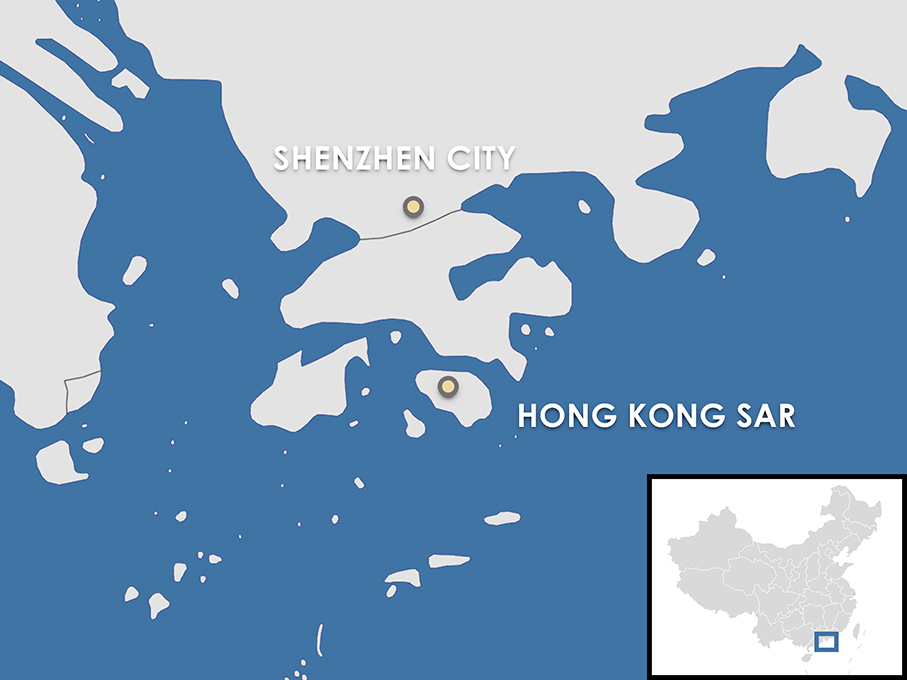Commentary
HONG KONG – China on Friday held an event to commemorate the Five Principles of Peaceful Coexistence put forth by then Chinese premier Zhou Enlai in the 1950s, demonstrating the country’s unwavering commitment to peaceful development.
Since their inception, these principles –mutual respect for sovereignty and territorial integrity, mutual non-aggression, mutual non-interference in each other’s internal affairs, equality and mutual benefit, and peaceful coexistence – have been warmly welcomed by numerous countries in Asia, Africa and Latin America, which fought for independence, equality and dignity in the international political arena amid ideological confrontations during the Cold War.
In comparison with Western powers’ condescending attitude toward developing countries, these principles advocate that all countries, regardless of size or ideological, political and social structures, are equal and in managing mutual relations, all should practice reciprocal restraint and self-restraint. Consequently, the principles have been gradually deemed as fundamental norms governing international political and economic relations, holding the moral high ground.
By introducing and faithfully practicing these principles, China, over the past seven decades, has enjoyed a friendly and peaceful environment for its fast development, and also earned a reputation as a sincere development partner and peace contributor.
Over the past 70 years, the five principles have demonstrated remarkable vitality. They have laid the foundation for China to pursue independent and peaceful diplomacy, and the content of these principles has also been enriched with the change of the times.
China is now advocating for building a community with a shared future for mankind with the Belt and Road Initiative being its key pillar and bolstered by its Global Development Initiative, the Global Security Initiative, and the Global Civilization Initiative.
The three initiatives are designed to help improve global governance and address challenging issues faced by mankind, based on mutual learning and dialogue between civilizations, win-win cooperation and respect for all parties’ concerns.
However, reality often bears similarities to history. Today, power politics is as prevalent as it was 70 years ago. Following the “table and menu theory,” Washington is inciting confrontations in various regions and sectors solely for its own security and interests.
Against the backdrop, recalling the five principles has become increasingly significant and necessary.
Indriana Kartini, a researcher from Indonesia’s National Research and Innovation Agency, said that the principles are universal and should be accepted by many countries because they express positive perceptions on international relations. “If all countries embrace the Five Principles of Peaceful Coexistence, I think it will contribute to maintaining regional stability and world peace.”
In its effort to help resolve tough international issues, China always follows the Five Principles of Peaceful Coexistence, consistently adhering to the principles of non-interference in internal affairs, political solutions, objectivity and fairness.
From the Five Principles of Peaceful Coexistence to the concept of building a community with a shared future for mankind, China has been highly acknowledged for its efforts to realize common development and prosperity, maintain world peace and stability, and resolve global governance challenges with all partners.
– Xinhua









